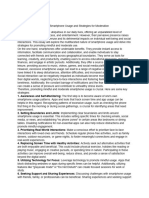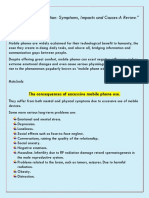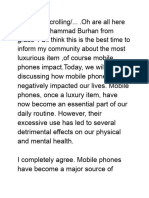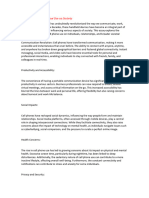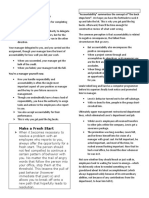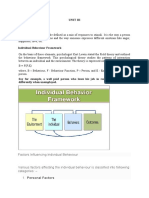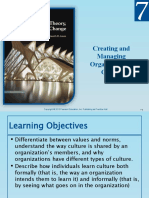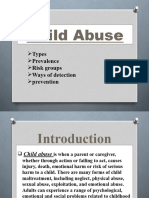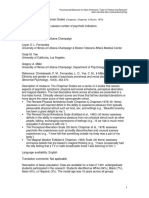Yo
1 message
Sahasra Panuganti <thelenovotab16@gmail.com> Fri, 25 Oct, 2024 at 9:54 pm
To: Sahasra Panuganti <panu.sahasra@gmail.com>
**Mobile Phones: A Double-Edged Sword in the Digital Age**
Mobile phones have revolutionized modern life, putting a wealth of information, communication tools, and entertainment options in our
hands. Their benefits are undeniable: they connect people instantly across the globe, provide access to endless knowledge, and offer
tools for productivity that were unimaginable a few decades ago. However, with all these benefits, mobile phones come with significant
downsides that make their judicious usage essential.
One of the most concerning issues with mobile phones is their impact on mental health. Studies reveal that excessive phone usage is
linked to increased levels of anxiety, stress, and even depression. The constant flow of notifications can create a feeling of being
“always on,” disrupting our ability to focus, think critically, and enjoy moments without interruption. This alertness can lead to what
experts call “brain drain,” diminishing our cognitive performance and problem-solving abilities over time. Young people, in particular, are
at risk of developing a reduced attention span due to frequent social media usage, which thrives on brief and highly stimulating
content.
Beyond mental health, the physical effects of prolonged mobile phone use are also significant. Eye strain, neck pain, and sleep
disturbances are some of the most common issues associated with excessive screen time. Blue light emitted by screens can disrupt
sleep patterns, particularly if phones are used before bedtime. Over time, these habits may contribute to chronic sleep deprivation,
which can affect overall well-being, reduce immune function, and impair concentration and productivity.
Another concerning impact of mobile phones is the erosion of face-to-face social skills. Mobile devices allow us to connect virtually
but often at the expense of real-world interactions. "Phubbing," or ignoring someone to focus on a phone, has become a social norm in
many settings, from family dinners to professional meetings. This behavior not only impacts personal relationships but also
diminishes essential social skills like active listening and empathy. Constant phone engagement can make people feel isolated and
disconnected, even when they’re surrounded by others, undermining one of the primary purposes of mobile phones—connecting
people.
There’s also an increasingly alarming issue of mobile addiction. Many apps and social media platforms are designed to keep users
engaged as long as possible, encouraging compulsive behavior. This addiction can lead to a cycle of dependence, where people feel a
need to check their phones frequently, even when it disrupts their daily routines, study schedules, or work tasks.
Despite these challenges, mobile phones can still be valuable tools if used mindfully. Setting boundaries, such as “phone-free” times
during meals, social gatherings, or study sessions, helps in cultivating real-life connections and improving focus. Disabling non-
essential notifications or setting app time limits can also prevent constant distractions, allowing us to enjoy a more peaceful,
productive day.
Lastly, mobile phones can be redirected as tools for personal growth. Instead of losing hours to social media or games, we can explore
learning apps, practice meditation, or set goals for self-improvement. By intentionally choosing content that benefits us, we can
transform our mobile usage into a source of growth rather than distraction.
In conclusion, mobile phones offer both incredible advantages and serious drawbacks. They are tools with vast potential, but their
value depends on how responsibly we use them. Practicing mindful usage, setting boundaries, and prioritizing meaningful activities
over mindless scrolling can allow us to harness their benefits without falling victim to the downsides. Through thoughtful, balanced
use, we can ensure that mobile phones enhance, rather than detract from, our lives.




